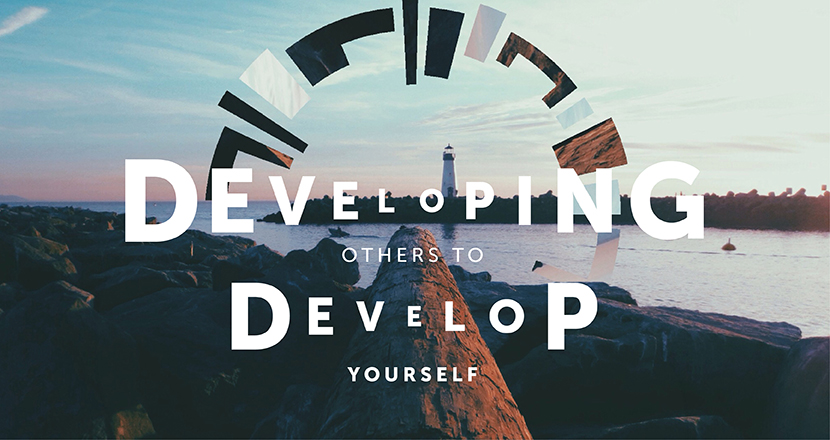

People who become accountability partners can be relied on as a source of comfort during times of personal transformation. The going can get tough and challenging when you embark on a journey of change, so having someone or a group of people who are encouraging you and cheering you along the way can be comforting. An accountability partner is someone who does not use fears or threats to drive progress, instead, this person would just focus on ensuring the other person refocuses on his or her commitments.

Can I be an accountability partner to someone?
Definitely. Our heartiest congratulations if someone has tapped you to be their accountability partner. You are recognized as a loyal friend and committed to their success. As an accountability partner, remember to keep your word and fulfil agreements. Reinforce their achievements with positive affirmations and sincere appreciation when the person you are partnering with makes excellent progress.
Be their anchor in the storm by giving them your support and encouragement if they are falling behind. Give them the belief that they have what it takes to overcome their roadblocks along the road to results. Ask them powerful questions so they can refocus their efforts. Encourage them to reflect so they can pivot to other solutions as they do their best to overcome the challenges along the way.
Accountability Partners:
A Case Study of Three Amigos
Three friends, Tim, Tang and Takuya recently decided they needed to accomplish one goal each by the middle of the year. Tim wanted to cycle a minimum of 50km a week for a total of 200km a month. Tang’s aim was to read a minimum of 30 minutes a day or 350 minutes a week. Meanwhile, Takuya’s objective was to run 20km per week or at least 3km per day.
They got together and discussed how they could stick to taking the necessary actions required to achieve their goals. All three realized that motivation was hard to come by individually but if all three provided support and encouragement to each other, then the process may seem easier.
After a few rounds of tea at their favourite coffee shop, the three friends decided to keep each other abreast of progress on an online spreadsheet which would be updated weekly. To ensure no one was cheating, they relied on tracking apps and screenshots to record their accomplishments. They also shared tips, tricks, techniques and inspirational messages on a group chat to keep the motivation high.
In addition, they decided to impose a penalty on those who did not meet the weekly targets. The penalty was a USD50 fine. The monies collected would be pooled together. At the end of their efforts at the middle of the year, the money would be used to purchase a jersey of the sports team the person who made the least progress disliked the most. He would then have to wear the jersey for a month every time they went out for a meal.
Spurred on by each other’s energy and drive to succeed as well as the individual dislike of having to wear a piece of clothing they did not want, Tim, Tang and Takuya made sure they achieved their weekly targets. No money was collected at the end because they managed to accomplish what they set out to do.
This story is adapted from 5 Levels of Mastery written by Marshall Goldsmith, Dr Peter Chee and Aaron Ngui
5 Levels of Mastery: We are excited to begin a new and fulfilling journey together with you. It’s our intention to make this a journey of a lifetime. For a very important reason, we have created this book alongside complementary continuous learning solutions that serve as your compass, companion and coach throughout your life’s voyage for greater love, happiness and success. This work is also based on our extensive research and practice in coaching, mentoring, training and developing leaders from over eighty countries. In the process of helping people, we discovered what worked wonders to produce outstanding results.
Do I need coaching skills to be an accountability partner?
In general, having coaching skills can make you a more effective accountability partner. When you are equipped with powerful coaching techniques, you are in a better position to help the person you are partnering with to identify issues, overcome roadblocks and reinforce good habits. Consider picking up coaching skills coaching skills to make you a better person to be an accountability partner. Even better, you can also coach others to help them fulfil their potential as a certified coach. Wishing you all the best in becoming the best version of yourself and helping others realize their dreams.

On good teams coaches hold players accountable, on great teams players hold players accountable.
Joe Dumars
